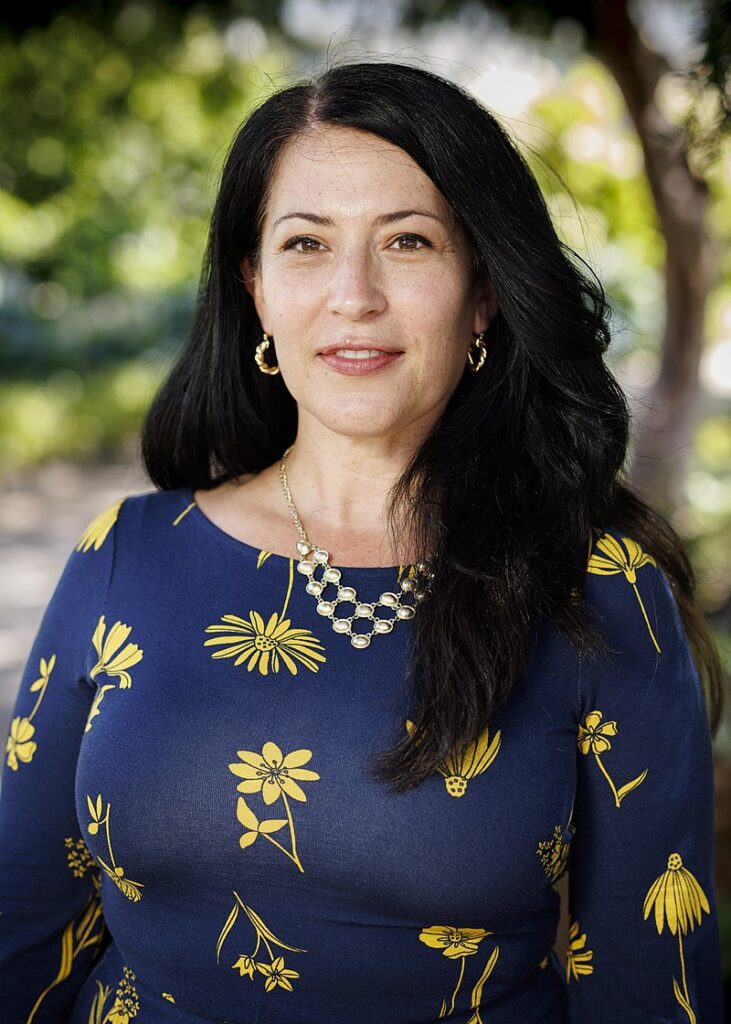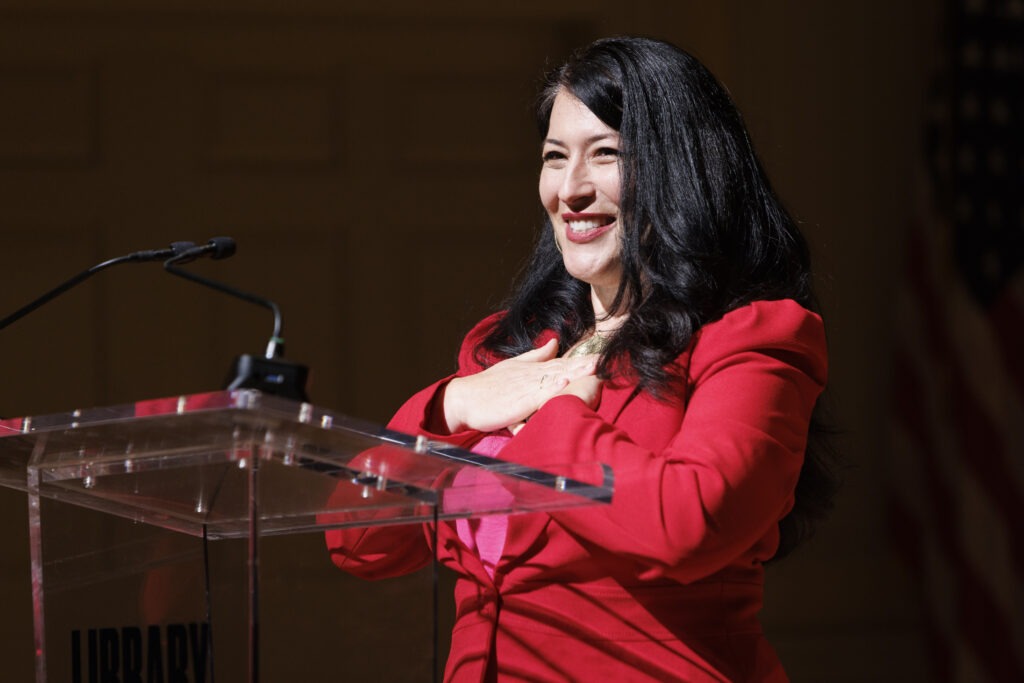Contemporary poetry plays a crucial role in reflecting societal issues and personal experiences, allowing readers to engage with complex emotions and themes. It serves as a mirror to the world, often addressing topics such as identity, grief, and social justice. The diverse styles and backgrounds of today’s notable poets enrich the literary landscape, encouraging a multitude of voices and perspectives. For instance, poets like Ariana Brown and Ada Limón draw upon their cultural backgrounds to create works that resonate deeply with their audiences, making poetry a powerful medium for connection.
Modern poetry often incorporates elements from various cultures, providing a rich tapestry that reflects the complexities of today’s society. The emotional power of poetry enables deep connections, allowing discussions around complex topics such as mental health and climate change. This accessibility through relatable themes fosters community and dialogue, making poetry an essential part of contemporary discourse.
Celebrated Contemporary Poets

Among the best contemporary poets today, Ada Limón is the 24th US poet laureate and author of the anthology You Are Here: Poetry in the Natural World. In her work, Limón emphasizes the interconnectedness of poetry and nature, addressing the climate crisis through personal experience. Her collection showcases the voices of contemporary poets and reflects an ongoing commitment to environmental themes.
Another celebrated poet is Diane Seuss. Her unique style combines deep emotional resonance with technical brilliance, exploring the complexities of human relationships and loss. Additionally, emerging poets like Kaveh Akbar are gaining recognition for their innovative approaches to traditional forms and ability to challenge readers’ expectations.
Impact of Social Issues on Poetry
Contemporary poets frequently address pressing social issues through their work, drawing inspiration from historical movements and personal experiences. For instance, poets like Langston Hughes and Audre Lorde have been pivotal in discussing civil rights and intersectional feminism, using their platforms to advocate for change. Poetry serves not only as a personal outlet but also as a powerful medium for societal reflection, especially during challenging times.
In recent years, many poets have turned their focus to urgent topics such as climate change, mental health, and systemic injustices, raising awareness and fostering dialogue. The lived experiences and activism of these poets greatly inform their thematic focus, ensuring that their work resonates with contemporary audiences and inspires action.
Notable Poetry Collections and Awards
Several notable poetry collections have emerged in recent years, showcasing the best of contemporary voices. Diane Seuss’s Four Legged Girl was a finalist for the Pulitzer Prize, illustrating the recognition of her poignant exploration of life’s complexities. Similarly, Ada Limón’s anthology addresses the climate crisis while featuring original works from contemporary poets, highlighting the intersection of art and activism.
Awards such as the National Book Critics Circle Award and the L.A. Times Book Prize play a significant role in recognizing modern poets and their contributions to the literary world. Collections by renowned poets like Ocean Vuong and Claudia Rankine have garnered critical acclaim for their exploration of identity and race, further establishing the importance of poetry in contemporary discussions. The rising popularity of poetry has also been enhanced by the accessibility of collections through online platforms and bookstores, making it easier for readers to discover new voices.
Themes and Techniques in Modern Poetry
Contemporary poetry often explores themes such as grief, identity, and social justice, reflecting the diverse experiences of today’s society. Poets like Sylvia Plath and Maya Angelou have left a lasting impact through their candid exploration of these themes, which continue to resonate with modern audiences. The use of personal narratives and confessional styles creates a sense of intimacy and authenticity in their writing, allowing readers to connect more deeply with the material.
Common poetic techniques employed by modern poets include free verse and rhetorical elements, enabling a more discursive exploration of their subjects. Additionally, many poets are incorporating multimedia elements, such as video and performance, into their work to enhance its reach and impact. This evolution in poetic expression reflects the dynamic nature of contemporary poetry and its ability to adapt to changing cultural landscapes.
Influence of Technology and Social Media
Technology and social media have significantly transformed the landscape of contemporary poetry, allowing poets to share their work widely and engage with diverse audiences. Platforms like Instagram and Twitter have become popular spaces for poets to showcase their work, leading to the rise of online poetry communities and competitions that foster new talent. This democratization of poetry enables emerging poets to publish and distribute their work without the traditional barriers often faced in the literary world.
The ability to connect with readers in real-time has changed how poetry is experienced and appreciated, allowing for immediate feedback and dialogue. This shift not only enhances the visibility of poets but also fosters a sense of community among writers and readers alike, ensuring that poetry remains a vibrant and relevant part of contemporary culture.
The Future of Poetry: Trends and Perspectives
As modern poetry continues to evolve, it reflects the changing landscape of society and culture. The importance of nurturing diverse voices in poetry cannot be overstated, as this diversity enriches literary discourse and broadens perspectives. The blending of genres, such as poetry with visual art or music, is becoming increasingly popular among contemporary poets, showcasing the versatility of poetic expression.
Poetry will likely play a crucial role in articulating collective experiences and aspirations as global issues become more pressing. This commitment to addressing societal challenges through art will ensure that poetry remains a vital and impactful medium for future generations.
For poetry and more, visit Mecella.

